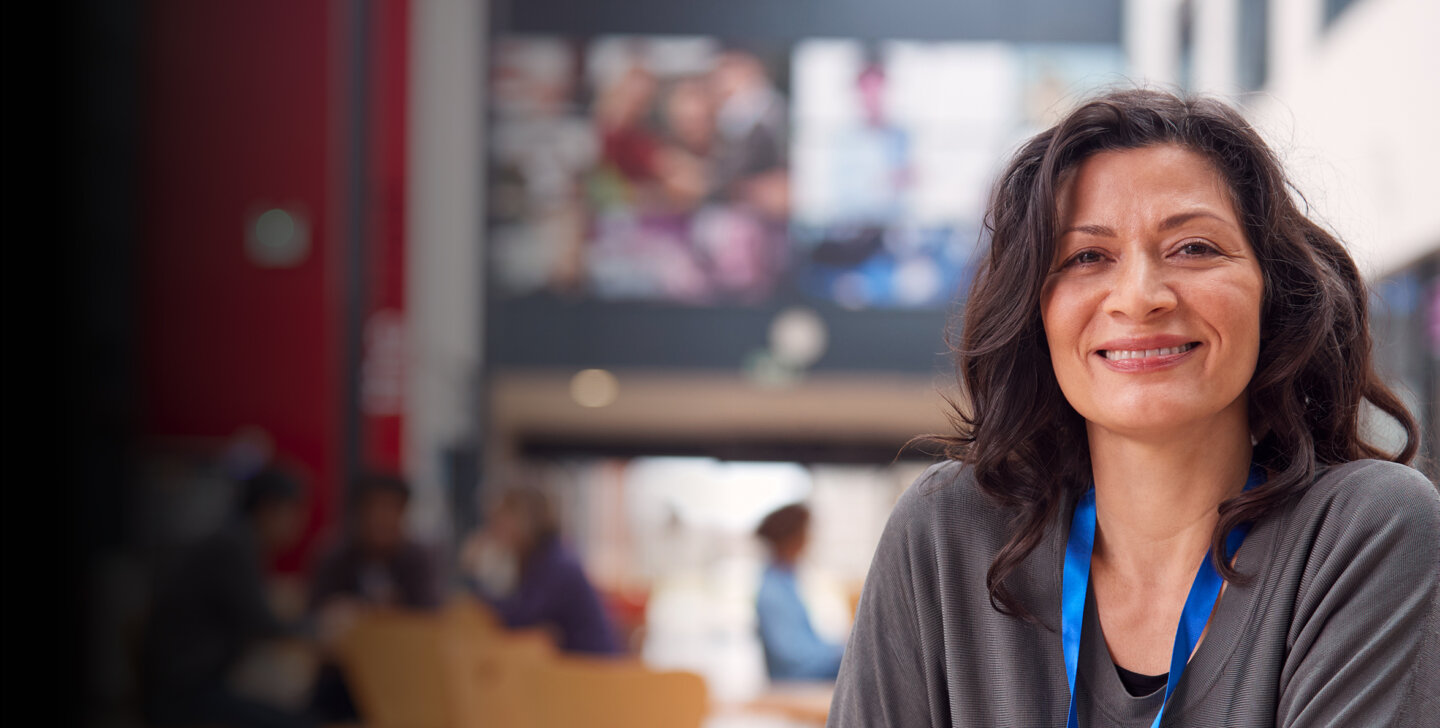
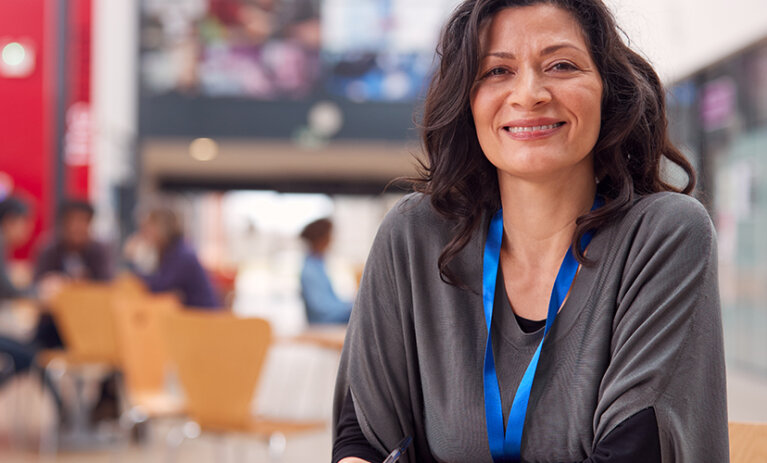
ACAP RESEARCH CONFERENCE
2023 Conference: Scholarship in Action
ACAP RESEARCH CONFERENCE
2023 Conference: Scholarship in Action
Wednesday 1 November 2023
Scholarship in Action:
Impacting educational practice
ACAP seeks to create an opportunity to share and exchange scholarly knowledge to inform our practice and teaching across disciplines at ACAP. Our annual conference offers an opportunity to showcase our research and the partners we collaborate with, as well as be inspired by the scholarship and research of our keynote speakers. As a celebration of intellectual curiosity and scholarly inquiry, this event is a testament to our commitment to fostering a vibrant and engaged academic community.
welcome to the 2023 conference
This year’s conference will be held as a hybrid model, with coordinated online streaming and face-to-face interaction. Presentations will be delivered both online and live from the Sydney, Melbourne and Brisbane campuses. Registrants will have the option of attending at an ACAP campus, which will include networking and social events, or online.
All ACAP staff, students, alumni, and partners are warmly invited to participate in what we are certain will be an exciting showcase of ACAP’s scholarship and research.
MEET THE CONFERENCE MC
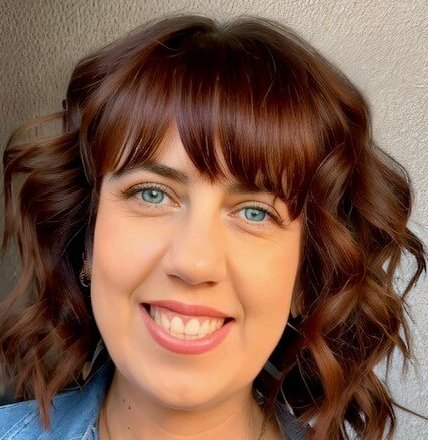
Gina Saliba is a dynamic and committed academic educational leader with an extensive career in pedagogical leadership, curriculum design, and educational innovation. Gina has a fifteen-year track record in higher education and seventeen years in secondary education.
Gina has been instrumental in the successful execution of numerous strategic projects and academic progression initiatives aimed at fostering innovative teaching and learning transformations that are evidence-based and scholarly-led. She is currently enrolled in the PhD program at Western Sydney University, where her doctoral research focuses on professional learning in HE transdisciplinary, meso-level spaces and has also secured grant funding to develop a micro-credentialing framework for professional learning.
Have questions?
Contact the ACAP Conference Committee on [email protected]
THERE IS STILL TIME TO ATTEND THIS YEAR’S CONFERENCE!
Event Details
Time & date
- Wednesday 1 November 2023
Location & venue
On campus and online
- Live presentations from the Sydney, Melbourne and Brisbane campuses.
- Other presentations online.
- Networking and social events on each campus.
Additional Details
- 25 August: Call for abstracts opens
- 4 September: Registration opens
- 29 September: Deadline for abstract submissions
- 9 October: Presenters notified
- 27 October: Conference Program available
- 1 November: Conference
KEYNOTE SPeakers
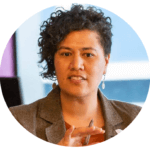
Associate Professor Tai Peseta is currently Acting Pro Vice-Chancellor Educational Partnerships and Quality, and the Academic Lead, Student-Staff Partnerships (SSP) at Western Sydney University. She is a higher education researcher and has published in the areas of student-staff partnership, curriculum transformation, critical university studies, doctoral education and supervision, and the scholarship of teaching and learning. Tai has a long history in leading teams of staff to engage in educational scholarship drawing on her experiences of journal editorial teams and boards for Higher Education Research & Development, Teaching in Higher Education, International Journal of the Scholarship of Teaching and Learning, and The International Journal for Academic Development.

Samuel Suresh holds a double degree in Science and Business from Western Sydney University and has been a student partner at the university for just under 4 years. He is currently one of two Student Partner (Coordinating Lead) in the WSU Student Partner team leading a range of projects intended to scale SSP. Samuel also has a YouTube Channel where he shares his experiences and struggles as a student.
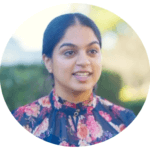
Shivani Suresh has an undergraduate degree in Medical Science from Western Sydney University and is currently completing her dissertation year in the Master of Public Health program. In 2023, she became one of the Student Partner (Coordinating Leads) having been in a student partner previously, and Shivani is responsible for a suite of partnership projects with our university library.
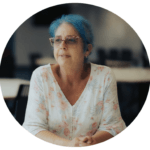
Jen Alford is studying a Bachelor of Psychology (Honours) at Western Sydney University. She’s been involved partnership work of various kinds since 2020 and joined the WSU SP team in mid 2022. Jen is also an Associate Fellow, Advance Higher Education.
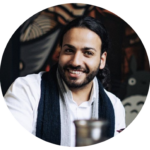
Bakar Mohamad is finishing a Bachelor of Social Science in Psychology at Western Sydney University and has just commenced a Master of International Relations at the University of Sydney to pursue his interest in middle east politics. Bakar has been part of the WSU Student Partner team since mid 2022.
KEYNOTE ABSTRACT
Improving educational practice through partnership with students:
co-inquiry as scholarship
Tai Peseta, Samuel Suresh, Shivani Suresh, Jen Alford & Bakar Mohamad
Student Partner team, Western Sydney University
Abstract
Boyer’s (1990) four scholarships – discovery, integration, application, and teaching – marked a watershed effort to re-imagine the activities of universities away from the tug-o-war between research and teaching. For educators, that effort, now widely understood as the ‘scholarship of teaching’ or ‘scholarship of education practice’, has made its way into the operations of a broader range of higher education providers, equally concerned with elevating the status of teaching; who are keen to support teachers develop educational expertise that enables evidence-led and reflective approaches; and who are looking to grow robust mechanisms to assess teaching quality. Yet as Trigwell and Shale (2004) noted nearly 20 years ago, “it is particularly striking how absent students are from some representations of scholarship of teaching. Students do not appear as partners in learning. They do not appear as neophyte scholars in the community. They do not appear as critics or connoisseurs of teaching. When they do appear, it is as objects of concern, objects of analysis, or presumptively passive consumers” (p.534). So, it is worth asking the question: is it still the case that students are missing in the move to embrace scholarship?
Our team – the WSU Student Partners – emerged at a time when student-staff partnership (SSP) arrived with a bang on the global higher education scene. SSP invited a set of provocations about how students participate in their education, about a new way of teaching and curriculum design for staff, and it questioned the kinds of institutional conditions capable of shifting the boundaries between staff and students in ways that reinstate new forms of educational responsibility. In many ways, our team is a response to that desire: to do ‘education practice’ differently – and to move students from being seen primarily as data points in an extractive encounter, to invested partners engaged in co-inquiry. In this keynote presentation, we outline our approach to SSP as ‘co-inquiry’, and we provide examples of scholarly educational practice where we have been in partnership with both academic and professional staff on initiatives related to curriculum co-creation, micro-credential development, academic integrity, marketing and communications, as well as educational research. SSP both represents, and embraces, the centrality of students and staff together – a liminal third space – where we are colleagues alongside each other exercising curiosity, while we are learning, puzzling, challenging, making, and aspiring to transform our collective educational futures. We hope our examples support you to be curious about SSP in your context, and to take the next, first step.
References
Boyer, E. (1990). Scholarship Reconsidered: Priorities of the Professoriate. Princeton: NJ. The Carnegie
Foundation for the Advancement of Teaching.
Trigwell, K. & Shale, S. (2004). Student learning and the scholarship of university teaching. Studies in Higher
Education, 29(4), 523-536. DOI:10.1080/0307507042000236407
